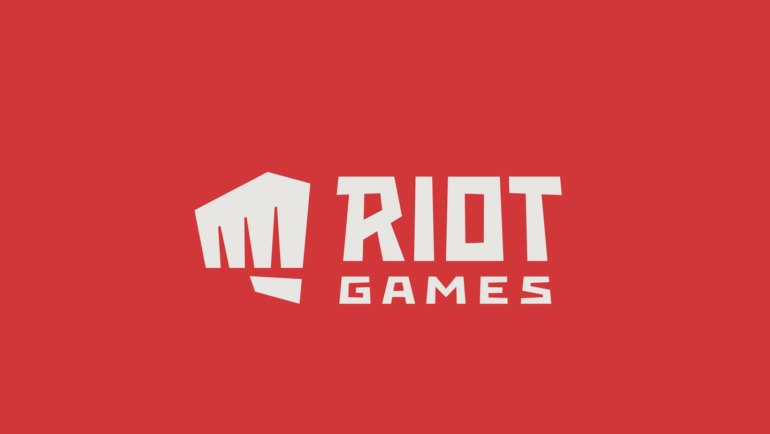It has emerged that Riot Games, maker of League of Legends and Valorant, is being sued by the California Department of Fair Employment and Housing (DFEH) and the Division of Labor Standards Enforcement following allegations of sexual harassment, gender-based pay discrimination and retaliation against female employees.
In a statement given to PC Gamer, a spokesperson for Riot Games said that the studio “does not have much to say about the state of things with the DFEH”, regarding a lawsuit filed against Riot Games earlier this year.
The statement continued: “The truth is that we see it as a legal matter dealing with the past and our team outside of legal is much more focused on the future.”
The Riot Games litigation has been brought to light in the wake of the high-profile action against Activision Blizzard – the Riot Games lawsuit was actually filed earlier this year on February 3, 2021 but has come to the fore after being spotted by a Reddit user.
The DFEH is the same agency that has this week filed a lawsuit against Activision Blizzard on behalf of a number of that publisher’s employees.
The litigation against Riot is being brought in relation to claims surrounding “Gender discrimination in hiring, pay and promotion decisions; sexual harassment; and retaliation by Riot Games against its female employees are alleged in the case.”
It also explains that “Women who signed arbitration agreements or other agreements cannot be excluded from the government’s case. It is unlawful for your employer to retaliate against you for speaking to the government, or otherwise participating or cooperating in a government proceeding.”
Ongoing legal proceedings
The reference to the arbitration agreements is in regards to earlier action taken against Riot Games in 2018, separate to this current suit.
PC Gamer reports the 2018 class action suit, which cited harmful behaviour, the use of demeaning language and the distribution of sexually explicit imagery, is ongoing and is being represented by Genie Harrison Law.
The DFEH litigation clarifies that secondary testimony by those involved in a 2018 suit can be taken into account, originally complicated by arbitration agreements in some employees’ contracts, which stated that conflicts were to be settled through arbitration rather than litigation.
TechRadar has also independently asked Riot Games for comment, and will update this story if we receive it.
